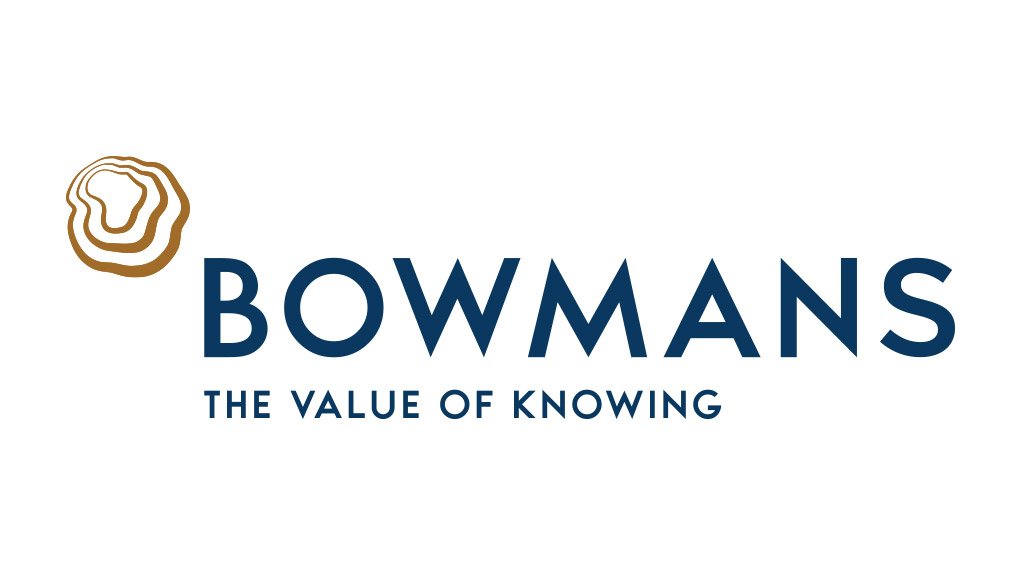Like takes in cinematography, we have seen many iterations of the amendments to the Immigration Regulations (Regulations) this year. One of the concepts that has required a few takes, is the remote working, or what is commonly referred to as the ‘digital nomad’, visa.
The new Minister of Home Affairs, Dr Leon Schreiber, has further amended the criteria and conditions of the digital nomad visa in the Third Amendment of the Immigration Regulations, published on 9 October 2024 (Third Amendment).
Most notably, the income threshold to qualify for the visa has been reduced from the equivalent of ZAR 1-million per annum to the equivalent of ZAR 650 976 per annum. The Minister has also reverted to the previous version of the amendments in some respects, that is, the version that was published prematurely and subsequently withdrawn.
In particular, the somewhat clumsy reference to ‘foreign source income’ concerning the nature of the work conducted by the foreign applicant that was included in the republished version of the amendments in May, has been removed. So too has the reference to compliance with legislation governing the employment of workers in South Africa.
In previous newsflashes, we raised concern about apparent inconsistencies between the digital nomad rules and the provisions of the Income Tax Act 58 of 1962 (ITA) relating to the income tax liability of the digital nomad, and about the fact that Government has not addressed the tax risks for foreign employers, namely the risk that a foreign employer may be required to register as a taxpayer and as an employer with the South African Revenue Service (SARS) if permitting an employee to work in South Africa on a remote basis. The latest changes address the first concern, but not the second.
Initially, the amendments provided for foreign remote workers to be exempt from registering with SARS if their visas were issued for a period of less than six months in a 12-month period. This period was then tightened to less than six months in a 36-month period; and rather than an automatic exemption, the regulations entitled the employee to apply to be exempted by SARS from registering as a taxpayer.
One of our concerns with these provisions was that, while the exemption relates to compliance obligations, it effectively provided an exemption from income tax which is not provided in the ITA. While foreign remote workers who are tax residents in a country that has concluded a double-taxation agreement (DTA) with South Africa should qualify for tax relief, this does not apply to foreign remote workers who cannot rely on a DTA.
The Third Amendment now provides that foreign remote workers who are tax resident in a country that has concluded a DTA with South Africa will be required to register with SARS if they are present in the Republic for longer than an aggregate period of 183 days during any 12-month period (which aligns with the terms of most DTAs). Digital nomads from countries that do not have DTAs with South Africa will be required to register with SARS regardless of how long they remain in South Africa.
As indicated above, the Third Amendment also no longer refers to ‘foreign source income’, which in the context of tax means something completely different to what its presumed intention was in the previous version of the Regulations.
Unfortunately, while the changes in the Third Amendment are to be welcomed, the legislature has not yet addressed the main tax concerns for foreign employers, namely the risk that the remote worker will create a permanent establishment for the foreign employer (and thus trigger both an obligation to register as an employer and potentially also a corporate tax liability). It is also still unclear what the position will be when it comes to the payment of skills development levies and unemployment insurance contributions relating to digital nomads.
Finally, despite the removal in the Third Amendment of the specific reference to South African employment legislation, foreign employers would still be well-advised to consider the possible employment law implications of ‘digital nomad’ remote working arrangements.
Written by Aneria Bouwer, Senior Consultant and Chloë Loubser, Knowledge and Learning Lawyer at Bowmans Law South Africa
EMAIL THIS ARTICLE SAVE THIS ARTICLE ARTICLE ENQUIRY
To subscribe email subscriptions@creamermedia.co.za or click here
To advertise email advertising@creamermedia.co.za or click here











